HS-ETS1-2
Design a solution to a complex real-world problem by breaking it down into smaller, more manageable problems that can be solved through engineering.
-
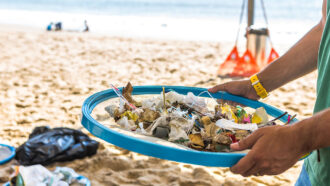 Environment
EnvironmentA new way to make plastics could keep them from littering the seas
Borrowing from genetics, scientists are creating plastics that will degrade. They can even choose how quickly these materials break down.
-
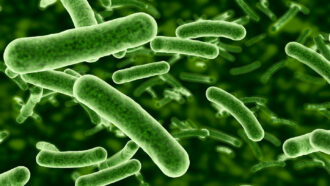 Microbes
MicrobesGenes point to how some bacteria can gobble up electricity
A new study shows how some microbes absorb and release electrons — a trait that may point to new fuels or ways to store energy.
-
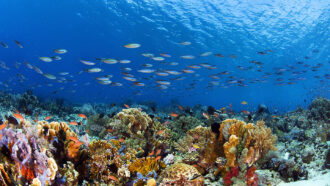 Earth
EarthAnalyze This: Nutrients from sewage may harm coastal ecosystems
A new model suggests that 58 percent of coral reefs and 88 percent of seagrass beds are exposed to excess nitrogen from wastewater.
-
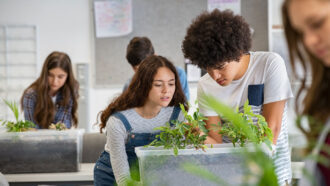 Life
LifeScientists Say: Experiment
An experiment is a set of procedures to learn about the world — and an important part of the scientific process.
-
 Humans
HumansWant to improve your reading skills? You might just need more space
A simple change by publishers and Web designers could help kids — both with and without dyslexia — read faster and better.
-
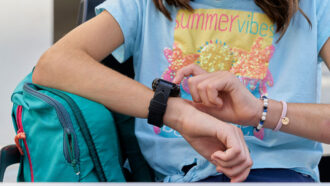 Tech
TechSomeday soon, smartwatches may know you’re sick before you do
Such an early detection of flu-like infections could tell you when to avoid others to limit the spread of disease.
-
 Physics
PhysicsFuture cars may offer personal sound zones — no earphones needed
Zones that offer each passenger personal listening are closer to reality. A new design improves performance by adapting to the conditions in your car.
-
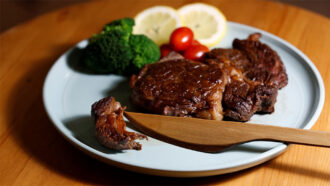 Materials Science
Materials ScienceAnalyze This: Hardened wood can make sharp steak knives
Researchers treated wood to make it hard and dense. Out of it, they carved sharp knives and nails that could substitute for ones made of steel.
-
 Chemistry
ChemistryChemistry solves a French royal mystery
Ink analysis reveals the hidden words of Marie Antoinette's letters and who tried to hide them.
-
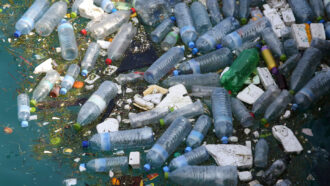 Environment
EnvironmentEveryday plastics can pollute, leaching thousands of chemicals
Plastic bags and containers leach potentially toxic chemicals into both food and water, but researchers yet don’t know how they might affect health.
-
 Brain
BrainAsk the experts: How to create a top-notch science fair project
Five finalists in the Broadcom MASTERS middle-school competition reveal how they created nationally competitive projects.
-
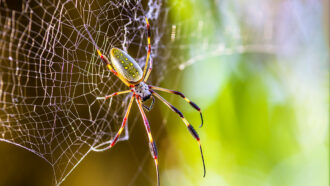 Materials Science
Materials ScienceBacteria make ‘spider silk’ that’s stronger than steel
Part spider silk, the material is better than what some spiders make. Researchers think it might make the basis for surgical threads or unusually strong fabrics.
By Manasee Wagh